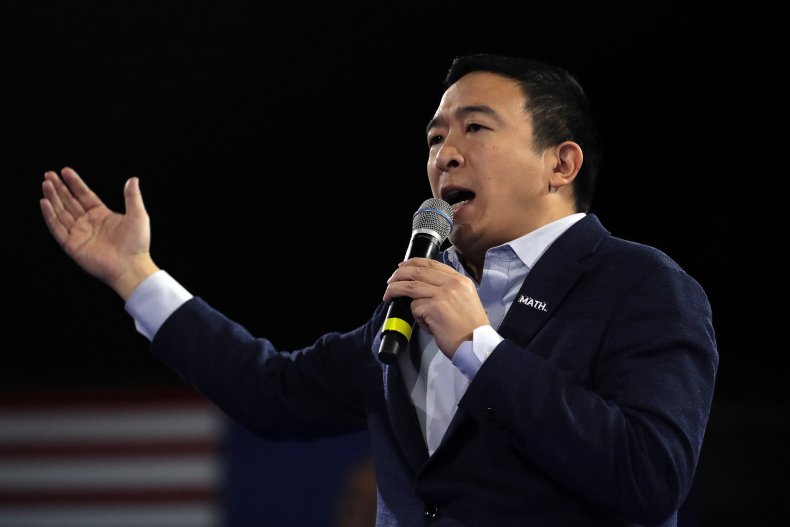Andrew Yang calls for "serious look" at 4-day workweeks, says "3-day weekends are better than 2-day weekends"
Former Democratic presidential candidate and entrepreneur Andrew
Yang used the Memorial Day weekend to advocate for a four-day
workweek on Twitter.
"3-Day weekends are better than 2-Day weekends. We should seriously
look at 4-day workweeks. Studies show that we would be just as
productive. It would create jobs at the margins and improve mental
health," Yang tweeted Monday. Attached to his comment was a
Washington Post article about New Zealand Prime Minister Jacinda
Ardern's recent Facebook video about boosting domestic tourism as
the country comes out of lockdown.
In the video, Ardern briefly floated the idea of a four-day workweek,
though she said, "Ultimately, that really sits between employers and
employees."
Advocates of the plan, including Yang, say such a system could lead
to job creation and happier workers. Perpetual Garden, a New Zealand
estate planning firm, has already adopted a four-day workweek. The
move was made after CEO Andrew Barnes read an article about
research showing that the average British employee is only productive
for 2.5 hours out of every day.
"If I gave people a day off a week to do all the other stuff that got in the
way–all the little problems that you might have outside of work–would
you then get better productivity in the office in the four days when people
worked?" Barnes said, describing his thought process to Fast Company.
Perpetual Garden's employees worked four eight-hour days rather than
five at their usual salary on a trial run lasting eight weeks. According to
Fast Company, stress levels reported by employees went from 45 percent
to 38 percent, while job performance improved. The trial also showed that
employees' commitment to their employer rose to 88 percent from 68
percent previously. After the trial, Perpetual Garden made the change
permanent.
When Microsoft Japan experimented with a four-day week in 2019, giving
employees every Friday in August of that year off, productivity was up
40 percent. Microsoft Japan also discovered that the company used
fewer resources during that month. Pages printed in the office were
down by nearly 60 percent and the amount of electricity consumed was
down 23 percent compared to the previous year, according to Business
Insider.

However, not all four-day workweek plans are the same. While Perpetual Garden merely dropped a day, reducing the number of hours worked, some companies have tried a "4/10" schedule—four work days per week, with 10 hours worked per day. According to a study from Stanford University, longer hours are linked to an increase in stress and sleep deprivation.
Other critics have suggested that employees would prefer flexible schedules to shorter work weeks. "Employees don't want a four-day workweek," Kenneth Matos, senior director of research for the New York City-based nonprofit Families and Work Institute, told the Society for Human Resource Management in 2015. "They want flexibility. They don't want to have to look their kid in the eye and say: 'I can't go to your ballgame.'"
In addition to a four-day workweek, Yang has also called for a European-style mandatory minimum employee leave policy. Under Yang's proposal, all full-time workers—except for those at new companies younger than 9 years old and small companies with fewer than 50 employees—would receive a minimum of four weeks a year of leave.
Andrew Yang calls for "serious look" at 4-day workweeks, says "3-day weekends are better than 2-day weekends"
![Andrew Yang calls for "serious look" at 4-day workweeks, says "3-day weekends are better than 2-day weekends"]() Reviewed by Your Destination
on
May 26, 2020
Rating:
Reviewed by Your Destination
on
May 26, 2020
Rating:

No comments